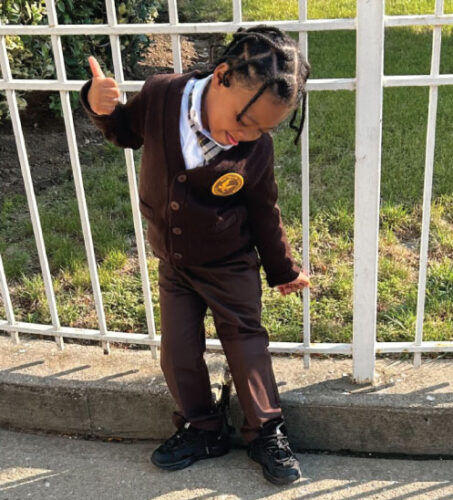Response to the New York City FY 2026 Budget Agreement
Kim Sweet, Executive Director of Advocates for Children of New York (AFC), issued the following statement in response to the Fiscal Year 2026 city budget agreement.

The budget agreement, which includes an additional $70M for preschool special education, takes an important step toward moving 3-K and Pre-K far closer to being truly “for all.” No preschooler who needs speech therapy, counseling, or a small special education class should spend months on a waitlist because there are no available providers, but as of last month, more than 600 children were waiting for a seat in a preschool special education class and 7,000 preschoolers were waiting for at least one of their legally mandated services to begin.
If we want to keep young families in New York City, we have to stop making them fight for the special education services and support their children need and have the right to receive. We thank the Mayor and City Council for this much-needed investment, which will help ensure thousands of young children with disabilities get the special education services they need at a time in their lives when these services can have the greatest impact.
We are also pleased that the final budget continues funding for impactful education programs that that had been supported by expiring city funds, including 3-K, preschool special education classes, community schools, the Mental Health Continuum, restorative justice, Learning to Work, and immigrant family communications and outreach. These initiatives are making a difference in the lives of students and families across the five boroughs, and we appreciate that they will continue next year.
We are grateful to the City Council, particularly Speaker Adrienne Adams and Education Committee Chair Rita Joseph, for championing New York City students and families throughout the budget process and for their unflagging dedication to meeting the needs of students who have too often been overlooked. We also thank the parents, students, educators, and coalition partners who advocated alongside us and worked hard to secure funding for the programs our students need and deserve.
There is much work left to do, from ensuring students who need extra help learning to read can get it within our public schools to enhancing school-based mental health services to bolstering communication with immigrant families to addressing the shortage of accessible schools — and as AFC outlined in our توصيات for the next Administration, changes at the federal level make it all the more important that the City stand by the students who need the most support and prioritize investments that help meet those needs.
